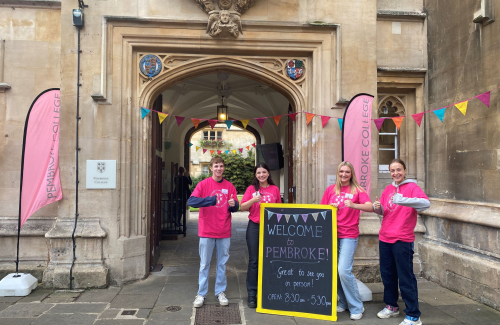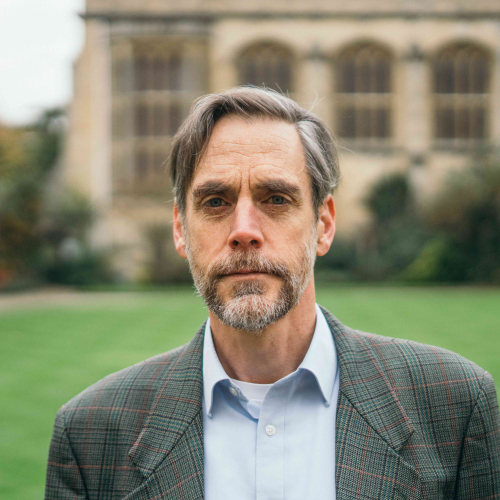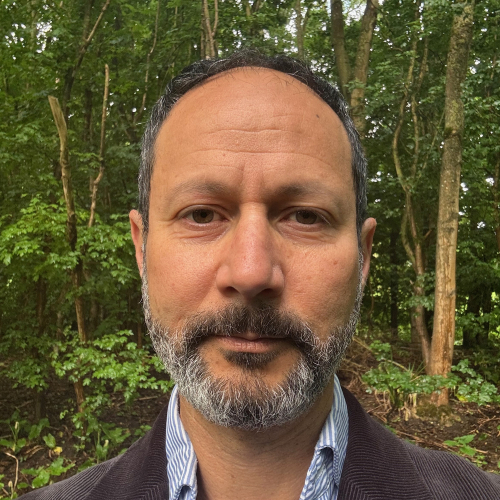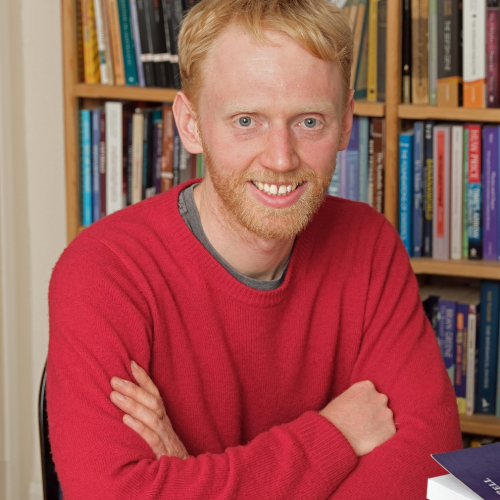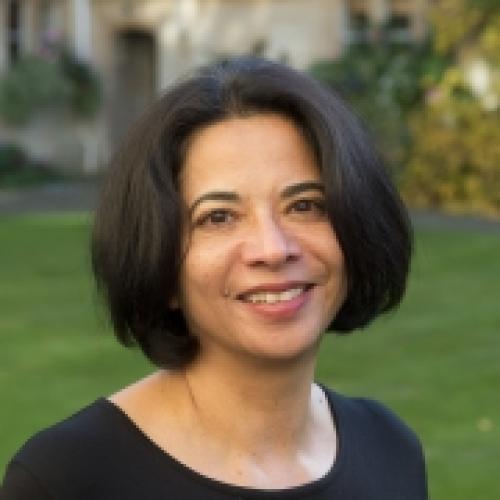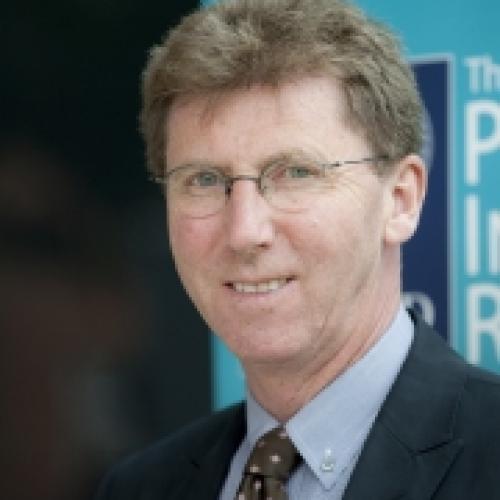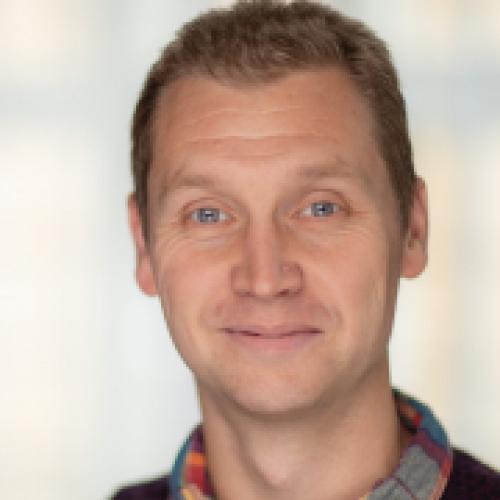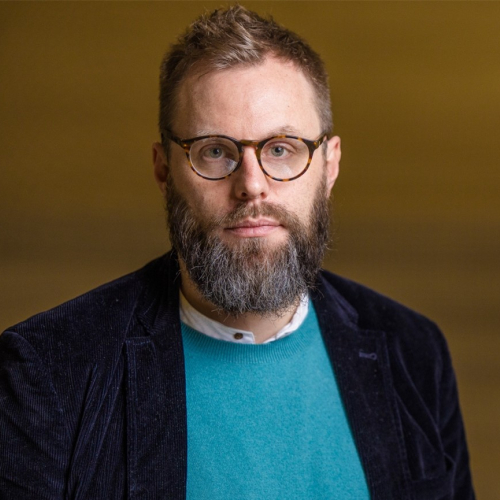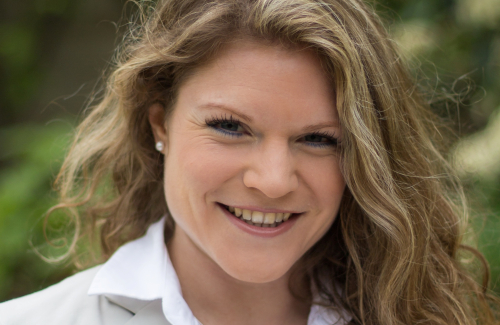Philosophy, Politics and Economics (PPE)
Why Choose Pembroke?
We have a large, diverse community across the subjects in PPE, meaning there is an excellent peer support network. The philosophy community within College is particularly extensive due to the wide variety of joint schools offered at Pembroke, which offers students the ability to benefit from a broad range of philosophical perspectives and schools of thought.
Due to its interdisciplinary nature, your studies in PPE will take place with a number of different tutors. We have two tutorial fellows in Philosophy; Professor Guy Kahane, whose primary research focus is on theoretical and applied ethics and human morality, and Professor James Read. Professor Stephen Whitefield tutors our undergraduates in Politics, with his specialities mainly centring on Comparative Government and Political Sociology, with a special interest in Russia and Eastern Europe. Our senior Fellow in Economics is Dr Brian A'Hearn, an Economic Historian who specialises in the long-run economic growth of Italy. Dr A'Hearn also tutors all of our undergraduates on Economics courses. Professor Pramila Krishnan is our other lead tutor in Economics, with her research interests focusing on applied microeconomics and development economics.
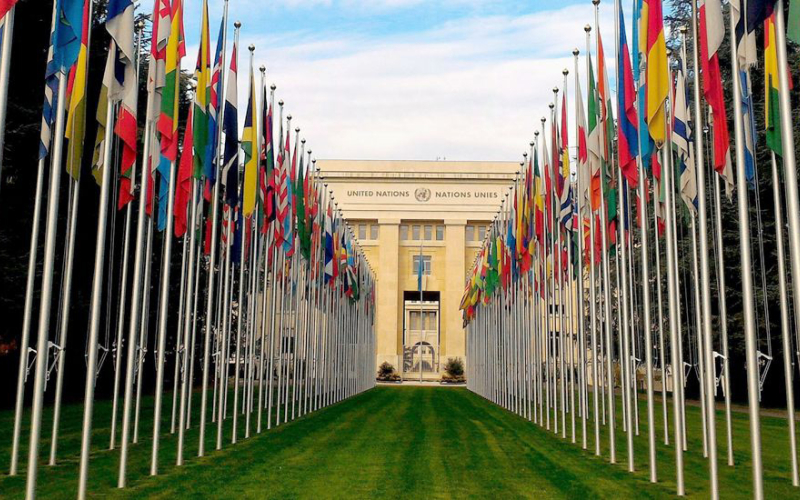
Have you considered our other joint courses?
Each of these disciplines can be studied within other course combinations, such as Maths & Philosophy, Philosophy & Modern Languages, Philosophy and Theology, Physics & Philosophy, PPL (Psychology, Philosophy & Linguistics), Economics and Management, History and Economics, and History and Politics.
Meet Our Academics
Pembroke PPE students are eligible for £100 of funding in their first year and another £100 in their final year towards the cost of books for their course for personal use. This is claimed from the librarian.
Philosophy, Politics and Economics (PPE)
Why Choose Pembroke?
We have a large, diverse community across the subjects in PPE, meaning there is an excellent peer support network. The philosophy community within College is particularly extensive due to the wide variety of joint schools offered at Pembroke, which offers students the ability to benefit from a broad range of philosophical perspectives and schools of thought.
Due to its interdisciplinary nature, your studies in PPE will take place with a number of different tutors. We have two tutorial fellows in Philosophy; Professor Guy Kahane, whose primary research focus is on theoretical and applied ethics and human morality, and Professor James Read. Professor Stephen Whitefield tutors our undergraduates in Politics, with his specialities mainly centring on Comparative Government and Political Sociology, with a special interest in Russia and Eastern Europe. Our senior Fellow in Economics is Dr Brian A'Hearn, an Economic Historian who specialises in the long-run economic growth of Italy. Dr A'Hearn also tutors all of our undergraduates on Economics courses. Professor Pramila Krishnan is our other lead tutor in Economics, with her research interests focusing on applied microeconomics and development economics.

Have you considered our other joint courses?
Each of these disciplines can be studied within other course combinations, such as Maths & Philosophy, Philosophy & Modern Languages, Philosophy and Theology, Physics & Philosophy, PPL (Psychology, Philosophy & Linguistics), Economics and Management, History and Economics, and History and Politics.
Meet Our Academics
Pembroke PPE students are eligible for £100 of funding in their first year and another £100 in their final year towards the cost of books for their course for personal use. This is claimed from the librarian.
